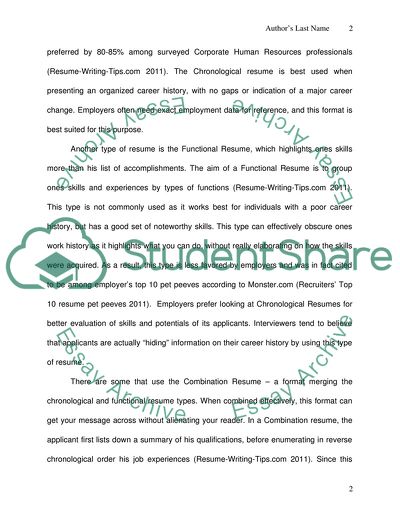Cite this document
(Resume as the Main Tool for an Individual to Find a Job Assignment, n.d.)
Resume as the Main Tool for an Individual to Find a Job Assignment. Retrieved from https://studentshare.org/english/1584204-resume
Resume as the Main Tool for an Individual to Find a Job Assignment. Retrieved from https://studentshare.org/english/1584204-resume
(Resume As the Main Tool for an Individual to Find a Job Assignment)
Resume As the Main Tool for an Individual to Find a Job Assignment. https://studentshare.org/english/1584204-resume.
Resume As the Main Tool for an Individual to Find a Job Assignment. https://studentshare.org/english/1584204-resume.
“Resume As the Main Tool for an Individual to Find a Job Assignment”, n.d. https://studentshare.org/english/1584204-resume.


